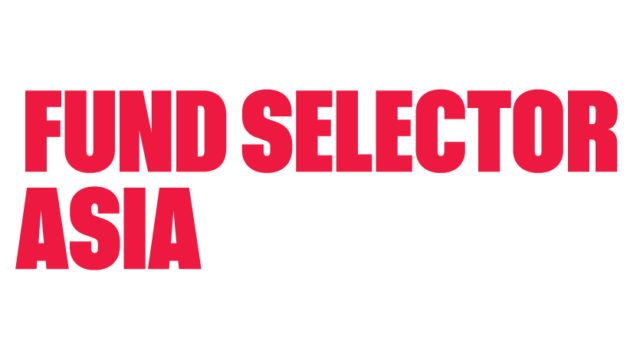Standard Chartered’s core business is in Asia and the Middle East. The bank has north of 100 approved fund manager relationships, with roughly a 30:70 mix of international and domestic players respectively.
Calla’s role is unique in that the fund selection group, the chief investment strategist and the head of advisory for the private bank client segment all report to him.
How selection works
Fund selection begins by determining if the client has both a need and interest for the product, Calla explained. If so, and if the fund is not with the bank’s existing partners, due diligence on the fund manager is the next step.
“We try to understand what the fund manager is doing and decide whether we are comfortable [with the strategy]. Do we get a sense of when they could do well, when they could struggle, and will the style of that manager ultimately be appealing to the client?”
Calla says he prefers to get as many viewpoints as possible on a fund manager, something that requires breaking down silos of various departments within the bank.
“I don’t believe you should do fund selection in isolation. You could find a super fund manager who could have a very good product, but it may not be appealing to the client who may not like some other attributes.”
The task then is to find a top-notch product that is satisfying across all criteria.
“To do that, we get the views of people who try to build a portfolio and the advisors who will be discussing the investment with the client. One of our strategists may go with the fund selector and talk to the manager. That would bring a very different perspective.”
The bank’s due diligence team and fund selector are based in Singapore with offices on the same floor as the people doing advisory work and investment strategy work, so communication is relatively smooth, he added.
“We also work closely with our colleagues on the ground. We ask if we can distribute the product. Is the name appealing? How does the manager fit in with our existing accounts? They give us feedback on that. They may say they found a great product, but it’s missing on the other attributes, so don’t waste time on it.”
He believes Standard Chartered has an approach different than most peers because his team makes sure the product satisfies both the client and the entire advisory group.
“In assessing the fund manager, we use the common tools in the industry, but we also involve all the parties in the decision process.”
Due diligence is done on all the funds from the providers on the approved list. After a fund passes due diligence, a team of people select some of the funds in that universe, which then becomes the recommended list.
The breakup trend
Calla’s biggest concern is the fragmentation of the fund industry, which can mean higher costs. Fragmentation, he said, is often driven by regulatory developments.
“In most cases, regulatory best practices become standard. It used to be something you decided to do, now it’s you something you must do. But the interpretation of that standard may differ by country due to different government policies.
“That starts to make it more difficult for us. A product that used to be available in several markets may now only be available one. In China, for example, you have to create a specific product, which means more cost and smaller AUMs.”
Likewise with fund passport regimes. Asia-Pacific has four such passport schemes in various development stages that will facilitate cross-border funds. Among them, the ASEAN CIS Framework, involving Singapore, Malaysia and Thailand, was launched in August and a Hong Kong China passport is in the works.
“If you look at the UCITS experience, you see that deciding one day on increased cooperation [through fund passporting] doesn’t mean all will be extremely easy after that. It took 10-15 years for UCITS to change the way things were done. Ultimately what will happen is that China will have to open to more than just Hong Kong.
“You also need to train people. How will an asset manager make sure his product is properly described so that people understand what it’s doing and that it is sold in a suitable way?
“The second challenge is, how many different types of funds do you want? There is a cost to running UCITS funds in Europe. Now there is a Southeast Asia product. You won’t get the same amount of assets under management and you will still have cost on the products.
“If I look at it as a distributor, the fact that now there is more opportunity is not going to change my approach. I’m still going to ask if it’s the right product, fairly priced, run by the right people, and is the fund in a regulatory framework that I’m comfortable with. Is that product as good as a UCITS product?
“So [fund passporting] is not really going to change the way I operate. It’s an interesting development but not a revolution for the industry.”
Bank spinouts
Another issue related to fragmentation is about private bankers leaving banks to set up wealth management firms on their own. Often called external asset managers, the new firms bring private bank experience and often provide lower fees, and can argue that they are working strictly for client interests, unfettered by the interests of a bank.
Calla does not necessarily see the trend as a competitive concern because the external asset managers still need to cooperate with banks.
“[The new wealth managers] will still need the service. They will need the bank’s research and views, portfolio construction, access to great products. It’s very difficult to do all that on your own. They need people like us who can provide them with those tools. We see them as clients long term, not necessarily as competitors.”
Read part 2 of the interview, which features Alexis Calla’s views on client investment preferences.















